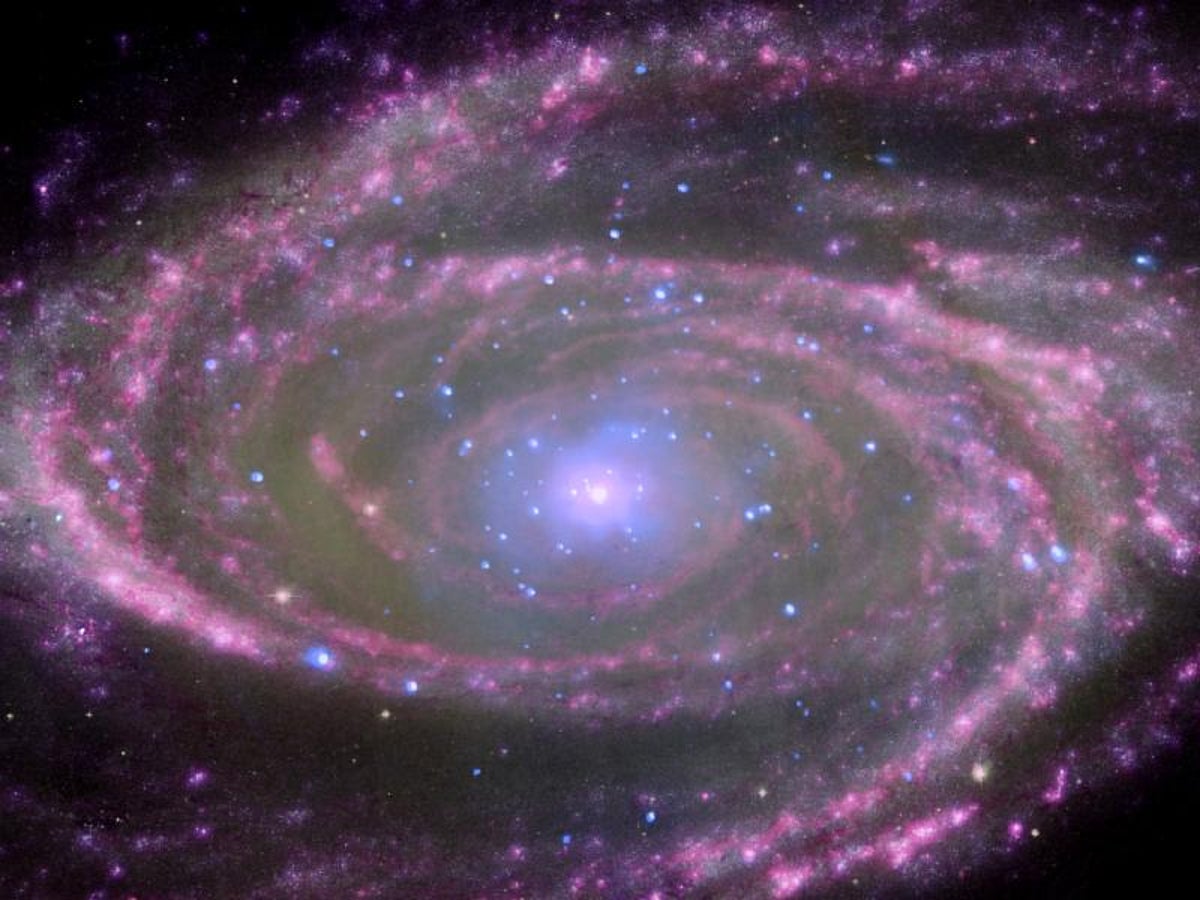What’s a cause? Or causality in general, anyway?
It is a physical interaction between physical objects. On the lowest level of existence it is an interchange of elementary particles.
There is a lot, and I mean a lot, of metaphysical discussion going on in this post. Pretty much the whole thing. And just so you know, we’re in agreement on “nothing” not being an ontological entity.
I am glad you took the time to read it, and that you agree that “nothing” is not an ontological entity. Yes, it is both about physics and metaphysics. It is about physics, because it deals with the observable physical reality. It is also about metaphysics, because it
assumes that the whole external, objective reality belongs to this category.
As an
assumption, it can be falsified or refuted. The opponents are welcome to postulate a different reality, and as soon as they can present an epistemological method to discover that “new, improved” world, their world-view they will be taken seriously. The method they
could employ could be fruitful. In astronomy it happened frequently that the existence of a new (hitherto undiscovered) heavenly body was postulated - due to a discrepancy between the hypothetical motion of a planet, and the actual observation. Eventually, a new planet was discovered. Einstein hypothesized the existence of gravity waves, and eventually, they were discovered.
Aquinas tried the method, but failed (several times). He attempted to postulate a physical phenomenon (like “motion”), and hypothesized that a non-physical explanation should be accepted. Of course, he was mistaken and committed a plethora of irrational errors. He introduced a bunch of incorrect metaphysical assumptions, which were not just incorrect, but also uncalled for.
Okay, just to close the loop on this, you do realize that the consideration of, opinions on, and study of these “first principles” is the root of what metaphysics is, don’t you? You are just presuming a metaphysical system of “self-evident principles,” taking it as a given, and deluding yourself into thinking you’re above metaphysics.
Well, yes and no. All those self-evident principles come from observations (zillions of them) and
NOT from armchair “musings” of philosophers. The principles of “preservation of matter, energy, momentum, etc…” all rely on the observations of physical objects. And they are based upon the wonderful “duck principle”. If you wish to call them “metaphysical principles”, that is fine, though it is too verbose without adding anything of substance.


